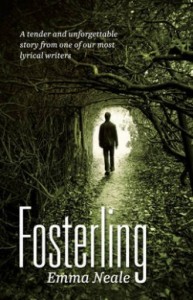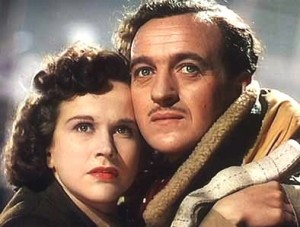Hugo Review: Movie and Book
Thursday, January 19th, 2012Scorsese’s Hugo is a beautiful movie complement to Brian Selznick’s brilliant novel The Invention of Hugo Cabret. The book is in the style of a film, using pictures interspersed with tightly-wound prose –and the movie takes the style of a novel, with a leisurely pace and richly detailed scenes. Both movie and book successfully use a children’s character to pay tribute to Georges Melies, pioneer of cinema. And much of the story is true: about his magical movies, his rise and fall, even the automaton and the train crash. (Watch a video about how the special effects were done). This film, The Four Troublesome Heads, made in 1898, shows Melies having fun:

